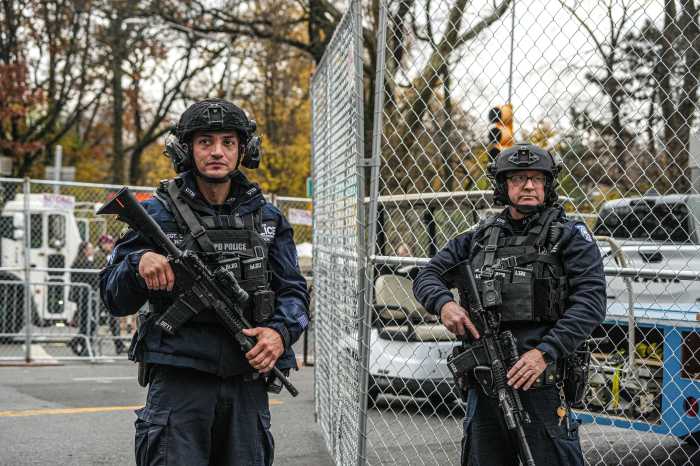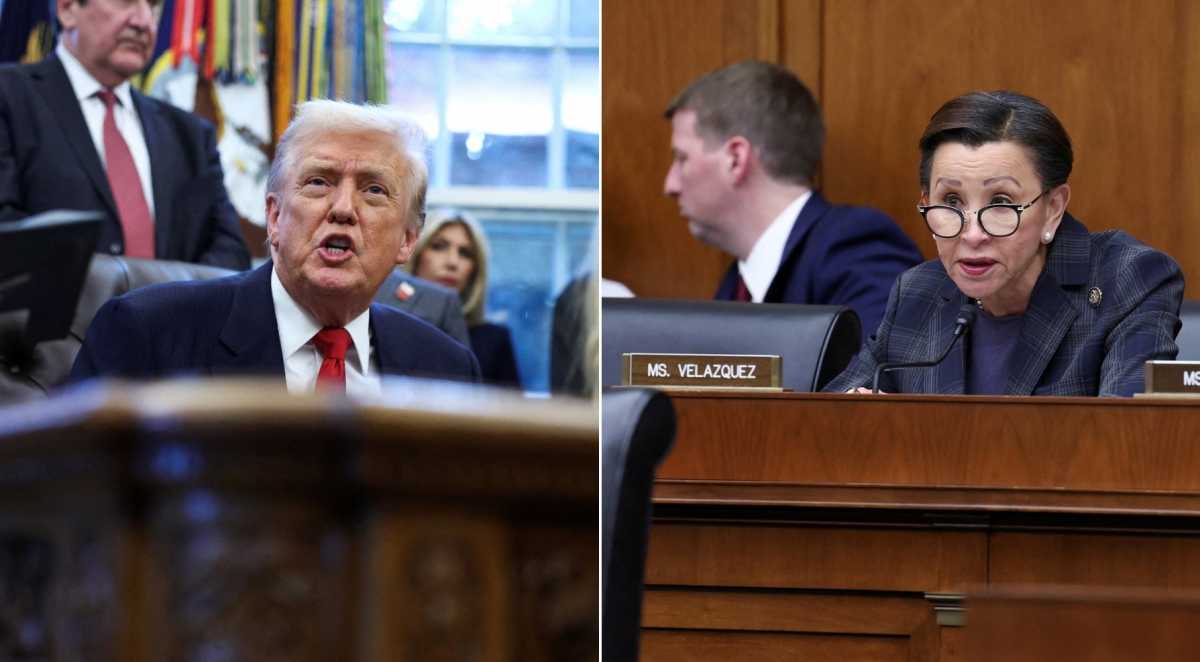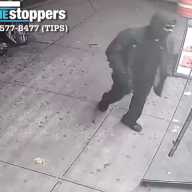
When Judge Ernest F. Hart steps into his new role as the NYPD’s deputy commissioner of legal matters later this month, he will bring a perspective the department hasn’t had in recent memory.
Hart, a lifelong Queens resident and currently a New York State Supreme Court judge, elected in 2016, has a long history of service within the criminal justice system: He has been a criminal court judge, an assistant district attorney and the chair of the Civilian Complaint Review Board. And it is all these roles that Hart said will help him approach the top legal position in a well-rounded way.
"My role as chief legal officer of the police department is to ensure not only to help the commissioner and the department develop policy, [but] to make sure that the policies that are in place are within the law. As a judge, my role was to interpret the law and certainly that is in this position a luxury, I think, that the police department never really had," he said on Thursday. "Whatever the police department does, it’s always reviewable by the courts. If you had the opportunity to review something before it becomes an issue, it’s much more effective. And I think that my experience as a criminal court judge and a supreme court judge, dealing with police issues… I think it’s given me a very good perspective."
Hart replaces former NYPD top-lawyer Lawrence Byrne, who stepped down from the role last year.
Hart was first appointed to the CCRB, the independent body that oversees claims of police misconduct, by then-Mayor Michael Bloomberg in 2009 and said he has watched the police department change. He also said he was with the CCRB when the agency was talking about taking over departmental trials.
"It was very interesting. I got to know about a lot of how the police department works, which is very important to what the CCRB does … The emphasis on the reduction of crime is constant," he said, adding that after Sept. 11 the "police department has implemented different policies that recognized the changing circumstances of policing. And I was there."
Ultimately, Hart, who lives in Little Neck, said it’s his vast and wide-ranging experience that will aid him amid legal issues that will certainly come up, including dealing with a backlog of Freedom of Information Law requests for body camera footage and balancing surveillance and privacy issues.
"There’s some guidance out there in terms of right to privacy, in terms of expectations of privacy," he said about surveillance and technology. "I look at it as a lawyer and I also have the luxury of being a judge. That’s why I think it’s a good opportunity to really have a good impact on policy … Lawyers have their positions, they make an argument to the judge, the judge decides. I’ve been both. I think that would be quite useful."
Hart, who also teaches criminal justice as an adjunct professor at Queensborough Community College, was appointed to the new position by Police Commissioner James O’Neill and will assume the role on March 18.



































